In Japan, the tea ceremony represents far more than simply drinking tea – it’s a choreographed art form that embodies the principles of harmony, respect, purity, and tranquility. While many Japanese cities offer tourist-oriented tea experiences, certain towns maintain centuries-old traditions where tea ceremonies remain an integral part of daily life.
Have you ever wondered what it feels like to participate in a ceremony that has remained virtually unchanged for hundreds of years? These 15 towns offer authentic experiences where you can discover the profound cultural significance of Japanese tea traditions.
Uji, Kyoto Prefecture
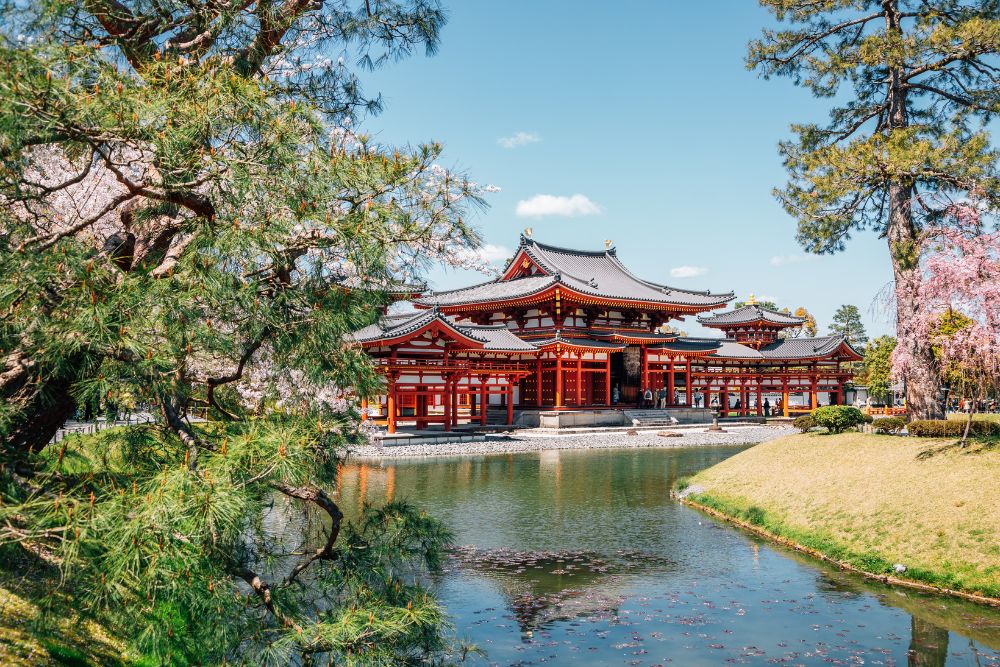
This historic tea town has been producing Japan’s finest matcha for over 800 years, making it a true mecca for tea ceremony enthusiasts. Traditional tea houses line the narrow streets, many housed in buildings dating back to the Edo period, where master practitioners still conduct ceremonies using time-honored methods.
The town’s famous Byodoin Temple hosts monthly tea gatherings that have continued uninterrupted since the 13th century. Local tea shops offer beginner-friendly ceremony experiences where you can learn the basic movements and meanings behind each gesture.
Kanazawa, Ishikawa Prefecture
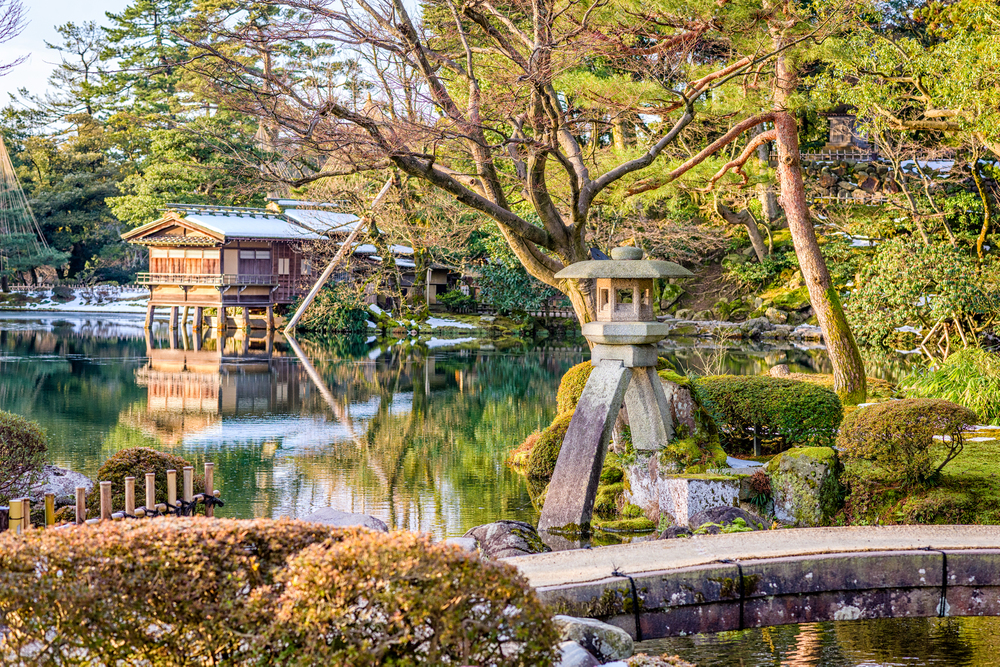
Known for its impeccably preserved samurai and geisha districts, Kanazawa maintains some of Japan’s oldest tea ceremony traditions. The historic Gyokusen-en Garden houses three distinct tea rooms, each designed to showcase different ceremony styles throughout the seasons.
Local artisans continue crafting traditional tea ceremony utensils using techniques passed down through generations. The city’s Nishi Chaya district offers evening tea ceremonies that incorporate geisha performances, creating a multi-layered cultural experience.
Like Travel Pug’s content? Follow us on MSN.
Mino, Gifu Prefecture
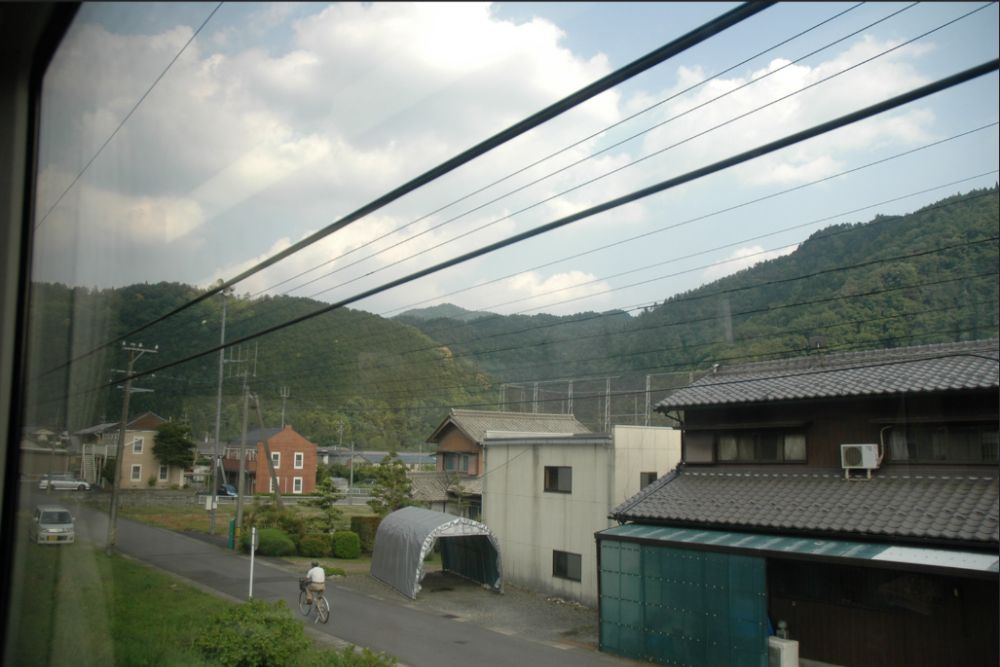
Famous for its handmade washi paper, Mino’s tea ceremonies uniquely incorporate this traditional craft into their presentations. The town’s historic district features several ancient tea houses where ceremonies are conducted using locally-made tea bowls and utensils.
Monthly tea gatherings bring together practitioners from across Japan to share techniques and preserve rare ceremony variations. Master teachers offer classes that combine paper-making and tea ceremony instruction, helping preserve both traditional arts.
Matsue, Shimane Prefecture
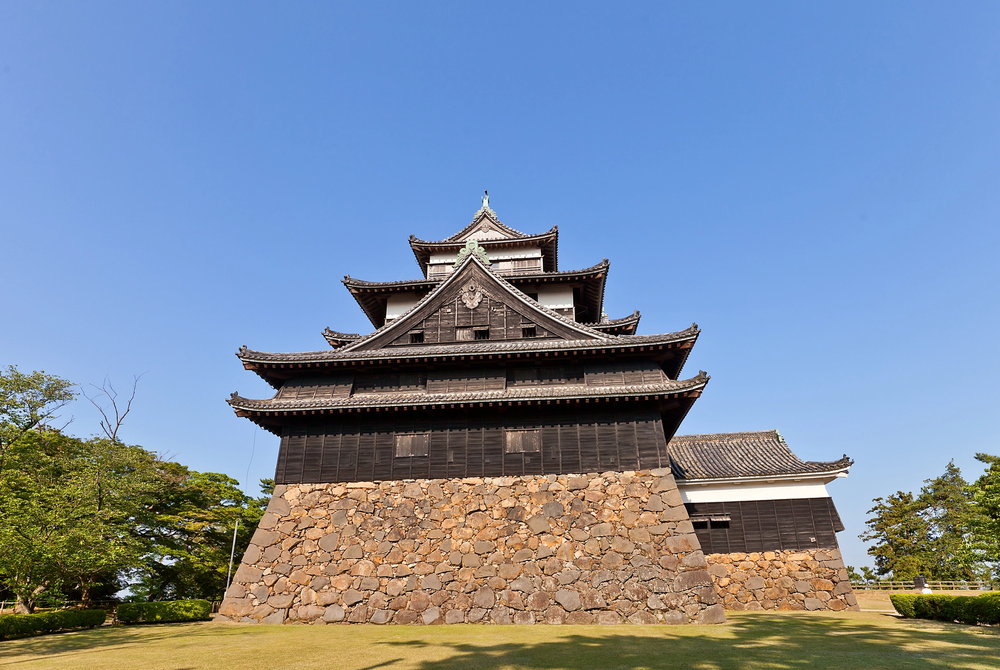
This castle town maintains the distinct Fumai style of tea ceremony, developed by the local daimyo in the 18th century. The Matsue Castle grounds include several historic tea houses where you can experience ceremonies with views of the original fortress.
Local practitioners host seasonal ceremonies that incorporate regional wagashi (traditional sweets) made from local ingredients. The town’s tea museum offers daily demonstrations that explain the unique aspects of the Fumai school.
Nara, Nara Prefecture
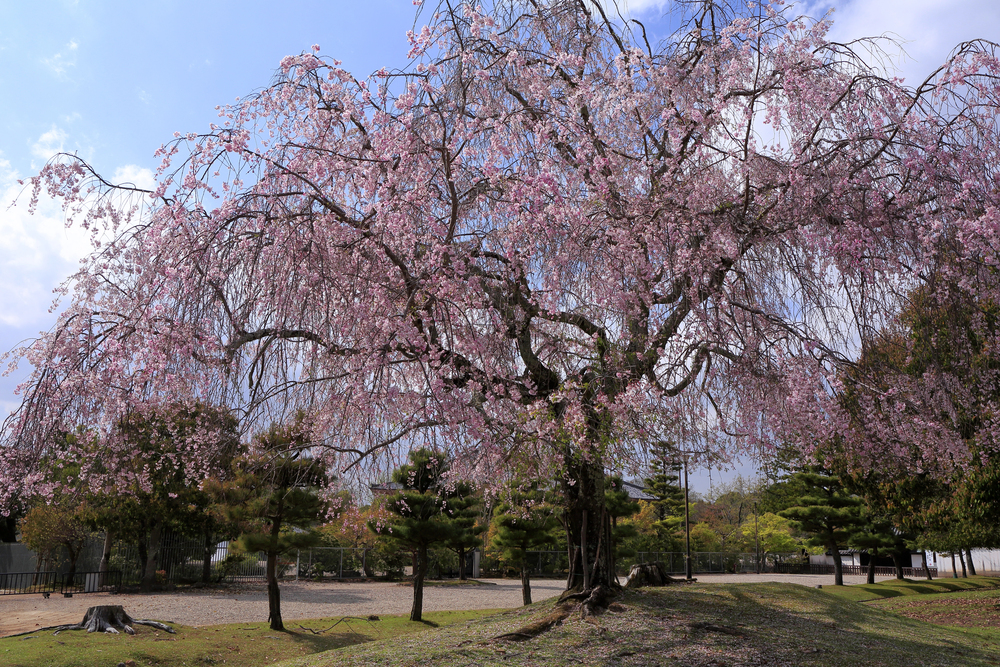
Home to some of Japan’s oldest Buddhist temples, Nara preserves tea ceremony traditions dating back to the religion’s earliest days in Japan. The historic Yoshikien Garden hosts daily ceremonies in its three distinct tea houses, each representing different historical periods.
Local temples maintain special tatami rooms dedicated solely to tea ceremonies that mark important religious occasions. Monthly public ceremonies at Todaiji Temple provide rare opportunities to experience formal temple-style presentations.
Like Travel Pug’s content? Follow us on MSN.
Hagi, Yamaguchi Prefecture
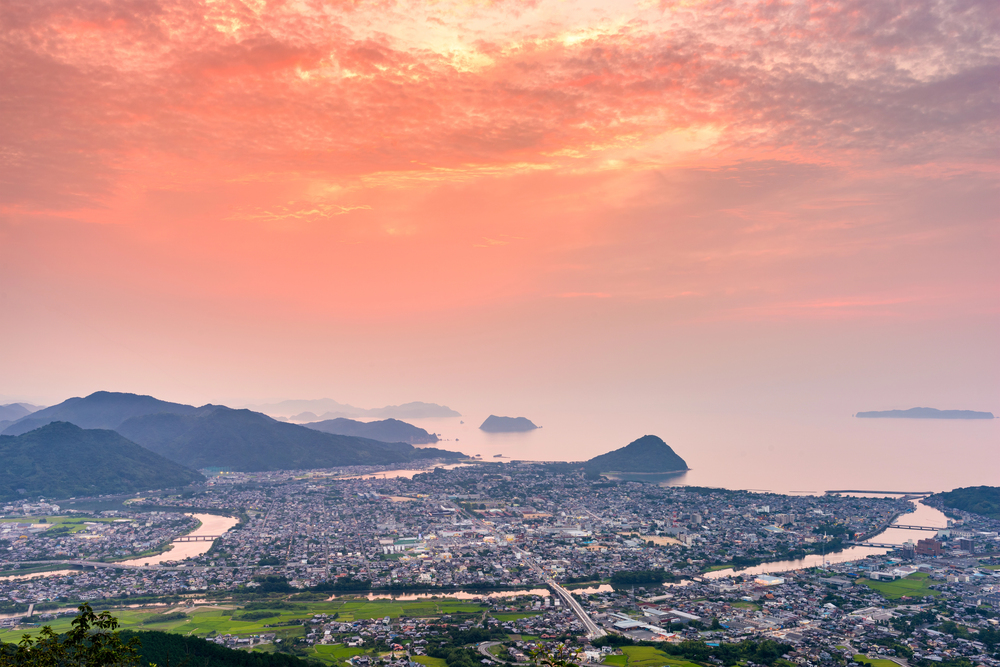
This former castle town is renowned for its pottery tradition, particularly the creation of tea ceremony vessels. Local tea houses proudly use Hagi-yaki ceramics in their ceremonies, continuing a tradition that spans four centuries.
The town’s historic samurai district includes several preserved tea rooms where you can experience ceremonies in authentic settings. Master potters regularly collaborate with tea ceremony practitioners to create new pieces that honor traditional designs.
Kakunodate, Akita Prefecture
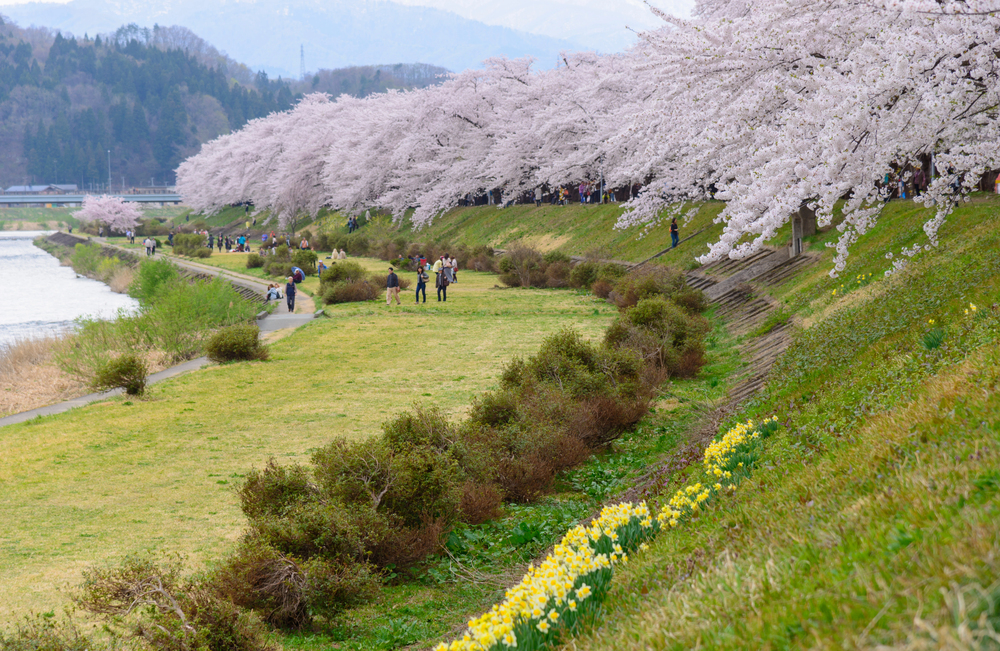
Known as ‘Little Kyoto of the North,’ this samurai town maintains unique tea ceremony traditions that incorporate local cherry bark craft. The preserved samurai residences host seasonal tea gatherings that reflect the refined culture of the warrior class.
Local practitioners offer ceremonies that explain the historical connection between samurai culture and tea traditions. The town’s annual cherry blossom festival features special outdoor ceremonies beneath blooming trees.
Dazaifu, Fukuoka Prefecture
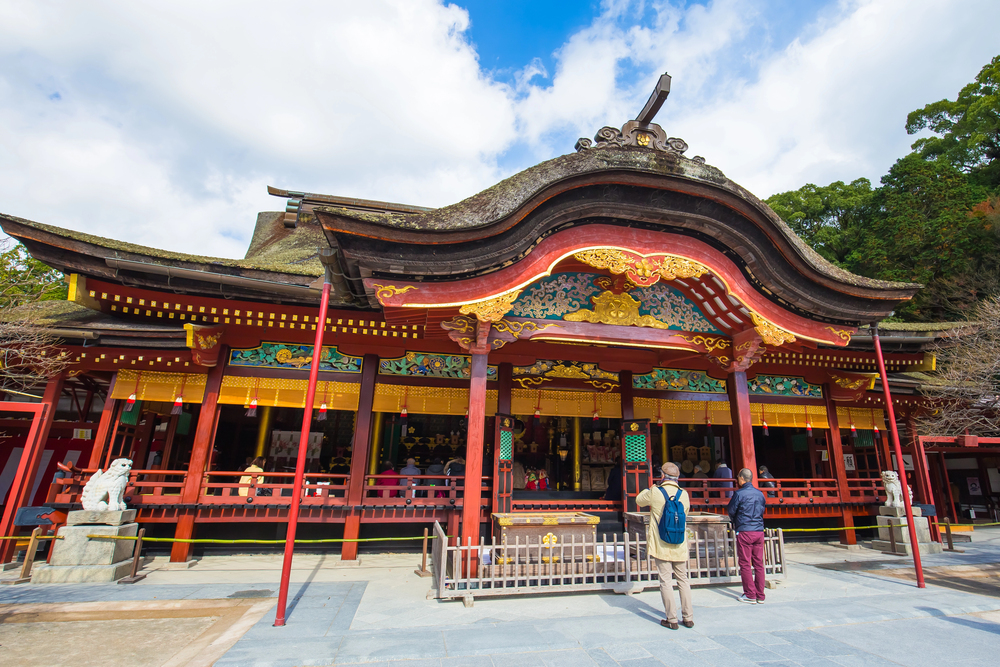
This historic government town preserves ceremony styles influenced by centuries of cultural exchange with China and Korea. The famous Tenmangu Shrine grounds include multiple tea houses where ceremonies honor both Shinto and Buddhist traditions.
Local tea masters maintained specific ceremony protocols developed for welcoming foreign dignitaries during Japan’s early diplomatic period. The town’s tea museum offers fascinating insights into how international influences shaped local practices.
Like Travel Pug’s content? Follow us on MSN.
Ise, Mie Prefecture
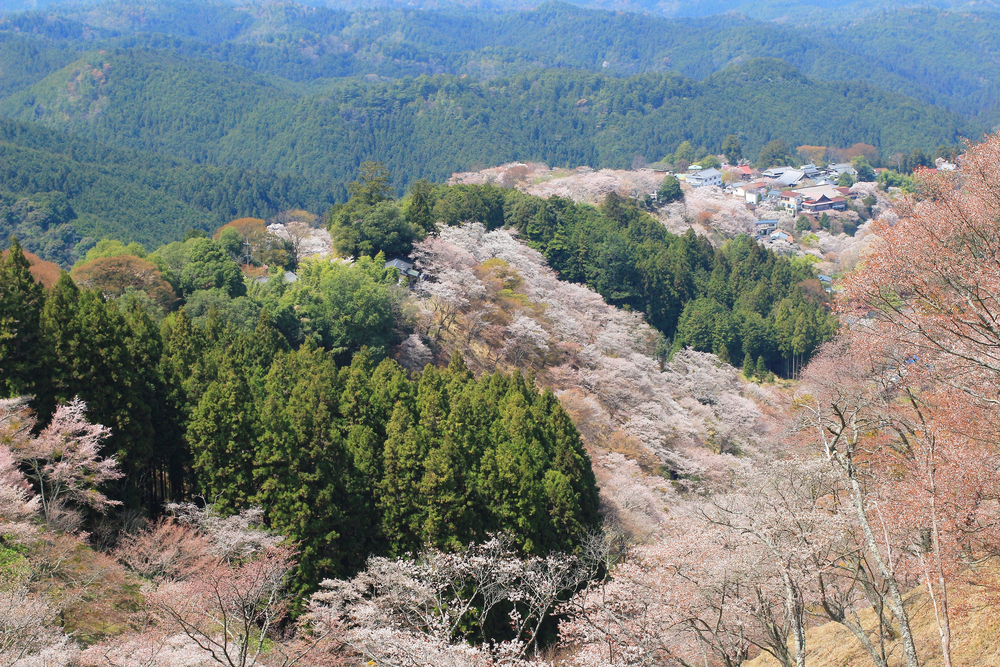
Home to Japan’s most sacred Shinto shrine, Ise maintains tea ceremonies that uniquely blend spiritual and secular traditions. The town’s historic Kawasaki district features several tea houses where ceremonies incorporate local organic matcha produced following ancient methods.
Special seasonal ceremonies coincide with major shrine festivals, creating memorable cultural experiences. Local practitioners teach ceremonies that emphasize the spiritual aspects of tea preparation and consumption.
Obama, Fukui Prefecture
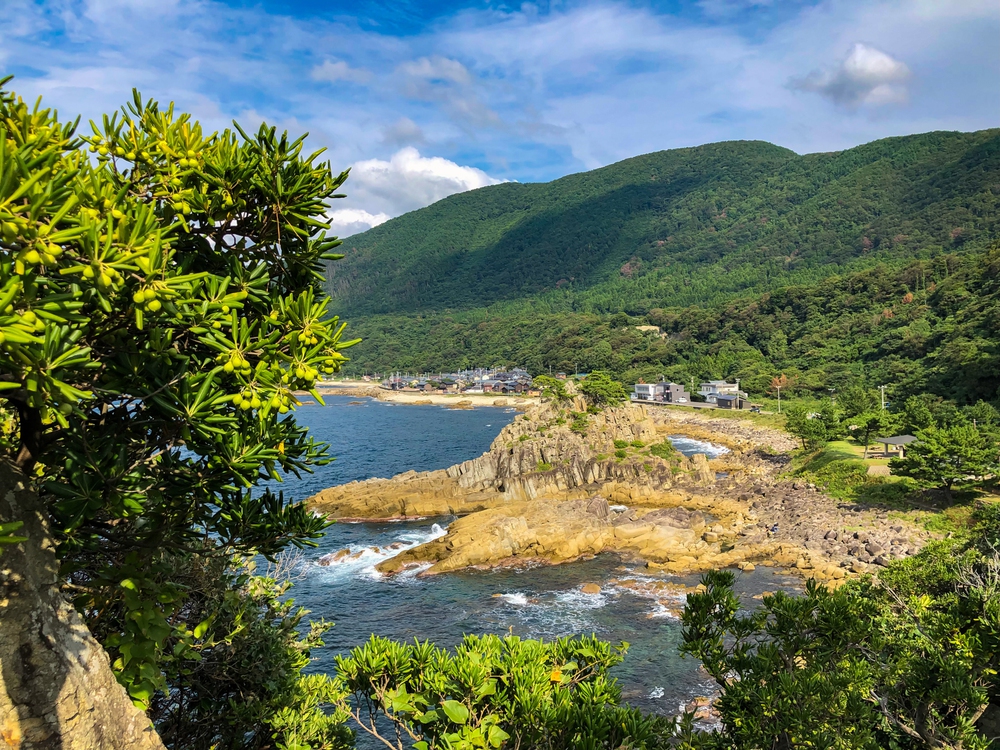
This coastal town preserves unique tea ceremonies that reflect its history as a major port on the Sea of Japan. Local tea houses maintain ceremony styles influenced by centuries of trade with other parts of Asia.
The town’s historic district includes several preserved merchants’ homes where you can experience tea ceremonies in authentic settings. Special seafaring-themed ceremonies incorporate elements that reflect the town’s maritime heritage.
Ujitawara, Kyoto Prefecture
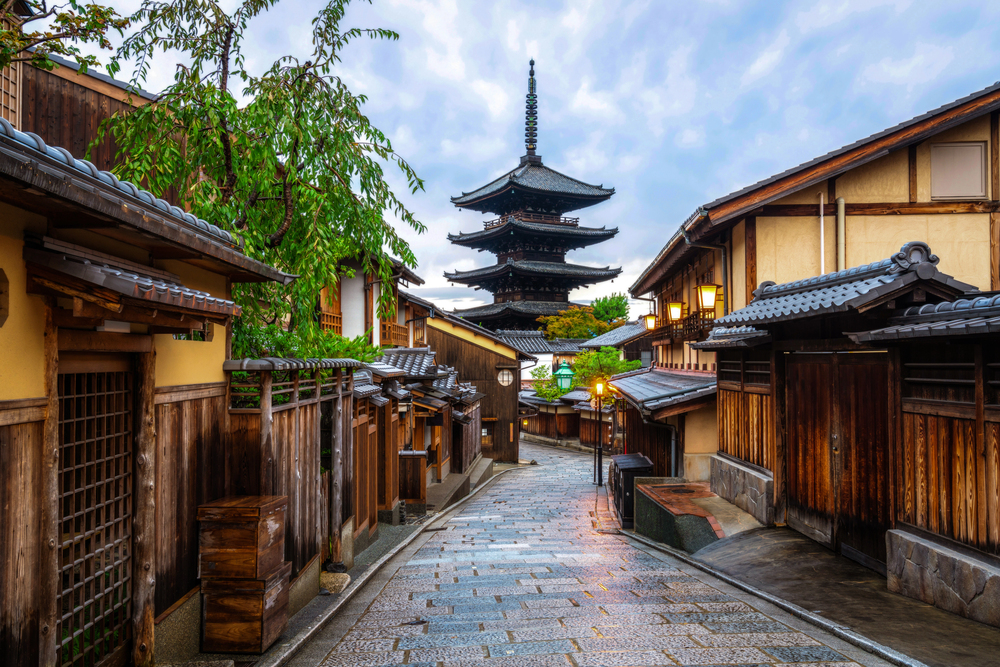
This small town claims the distinction of being the birthplace of Japanese green tea processing methods. Local tea farms offer ceremonies that incorporate freshly processed tea leaves during the spring harvest season.
The town’s tea research center maintains historical records of ceremony developments and offers public demonstrations. Traditional tea houses here specialize in ceremonies that highlight different tea grades and processing styles.
Like Travel Pug’s content? Follow us on MSN.
Kurashiki, Okayama Prefecture
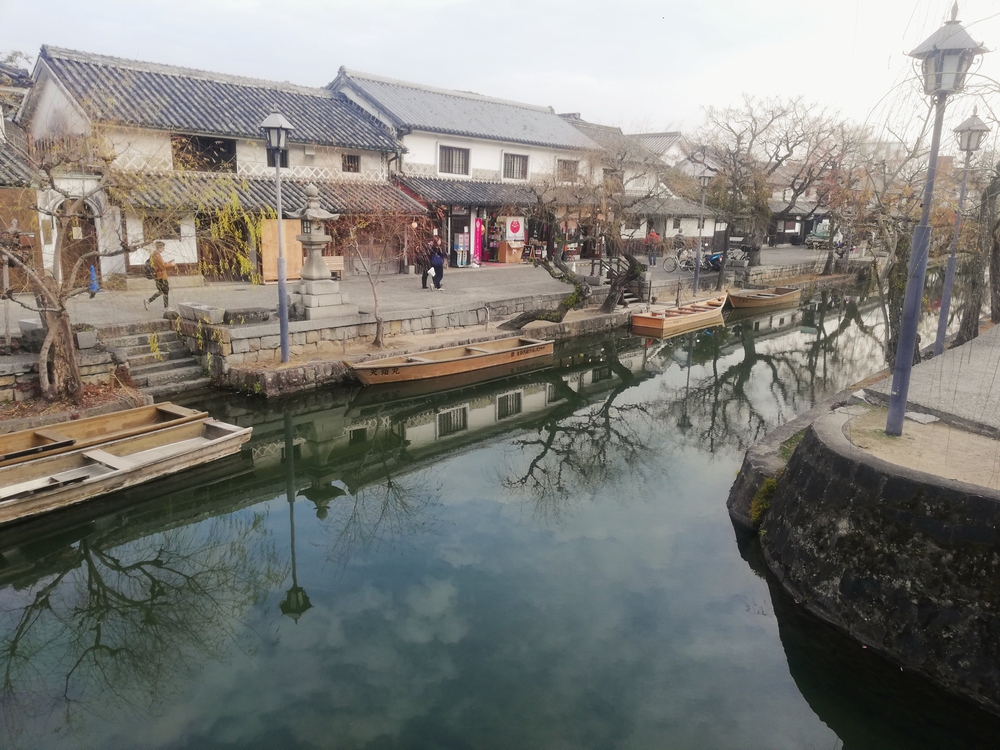
The historic canal district of this merchant town features several preserved tea houses that maintain Edo-period ceremony traditions. Local practitioners offer ceremonies that incorporate distinctive regional sweets made from local fruit.
The town’s folk craft museum hosts monthly ceremonies using historically significant tea implements. Special evening ceremonies provide unique experiences in historically preserved merchant houses.
Sasayama, Hyogo Prefecture
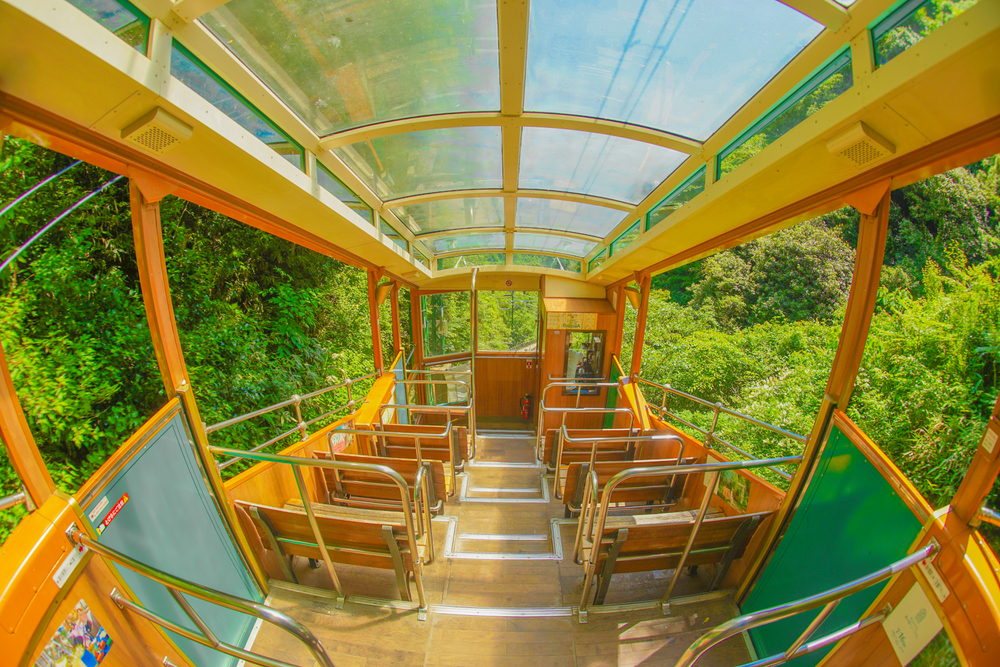
This castle town maintains tea ceremony traditions that reflect its history as a major ceramic production center. Local tea houses use distinctive black Tamba-yaki ceramics in their ceremonies, continuing centuries-old traditions.
The preserved samurai district includes several tea rooms where you can experience authentic warrior-class ceremonies. Seasonal ceremonies incorporate local chestnuts and matsutake mushrooms gathered from nearby forests.
Kagoshima, Kagoshima Prefecture
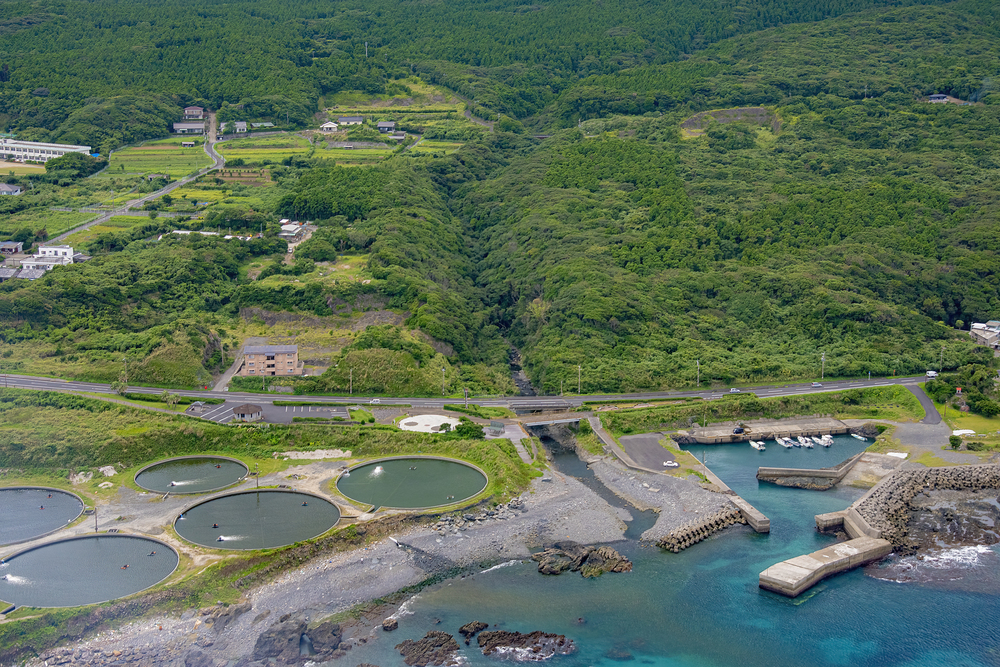
This southern city preserves unique tea ceremonies that incorporate local sweet potato treats and volcanic-roasted tea. Traditional tea houses offer ceremonies with views of the active Sakurajima volcano across the bay.
Local practitioners maintain ceremony styles influenced by centuries of trade with the Ryukyu Kingdom. Special summer ceremonies feature distinctive regional techniques for preparing cold tea.
Like Travel Pug’s content? Follow us on MSN.
Yanai, Yamaguchi Prefecture
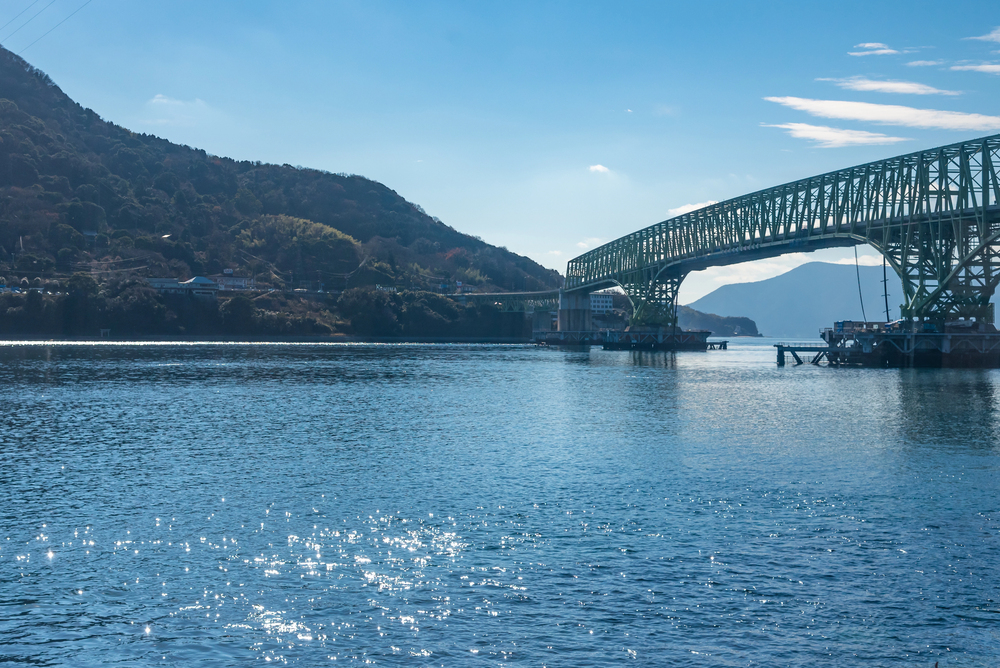
Famous for its traditional goldfish lanterns, this merchant town maintains tea ceremonies that incorporate unique local crafts. Historic tea houses in the preserved merchant district offer ceremonies using distinctive regional pottery.
Local masters teach ceremony styles that evolved to reflect the town’s prosperous trading history. Special evening ceremonies feature traditional lantern illumination, creating magical atmospheres.
Discovering Japan’s Timeless Tea Culture
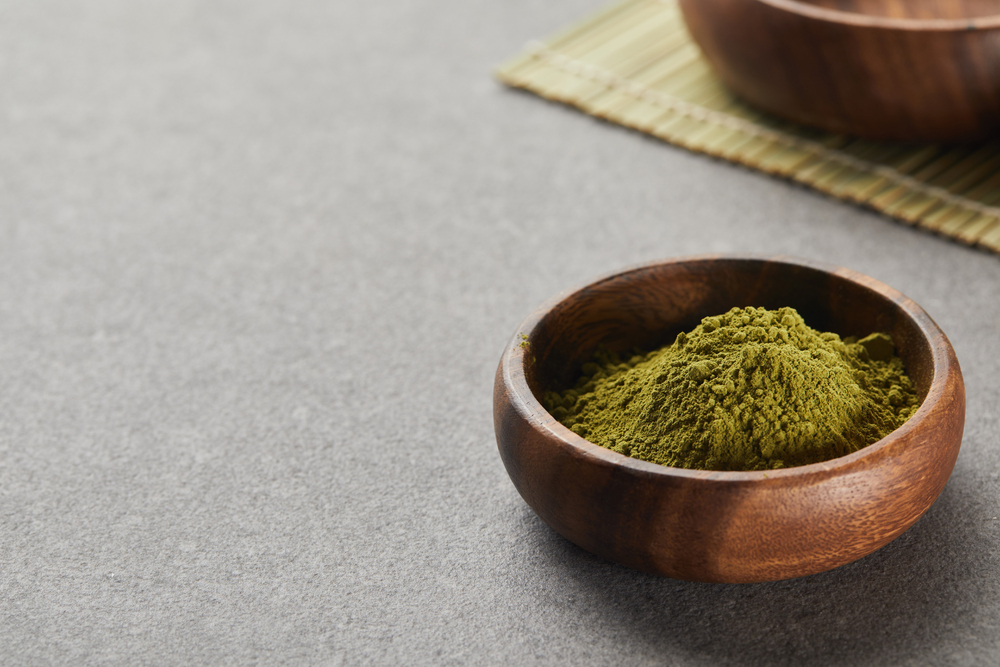
The tea ceremony remains one of Japan’s most profound cultural expressions, offering insights into principles that have shaped Japanese society for centuries. These towns preserve not just the physical movements of the ceremony but the deeper philosophical and spiritual meanings that make it such a significant art form.
Whether you’re a dedicated student of tea culture or simply curious about Japanese traditions, these locations offer authentic experiences that connect past and present through the simple act of sharing tea.
More from Travel Pug

- 15 Dangerous European Cities to Avoid
- 15 Caribbean Islands Where Tourists Keep Getting Scammed
- The 20 Most Fascinating Abandoned Places: A Journey Through Time and Forgotten Spaces
- 15 Hidden Places in the Smithsonian Museums Locals Love: A Guide to Lesser-Known Treasures
- 16 Hidden Florida Beach Towns That Aren’t Overrun with Tourists
Like Travel Pug’s content? Follow us on MSN.
